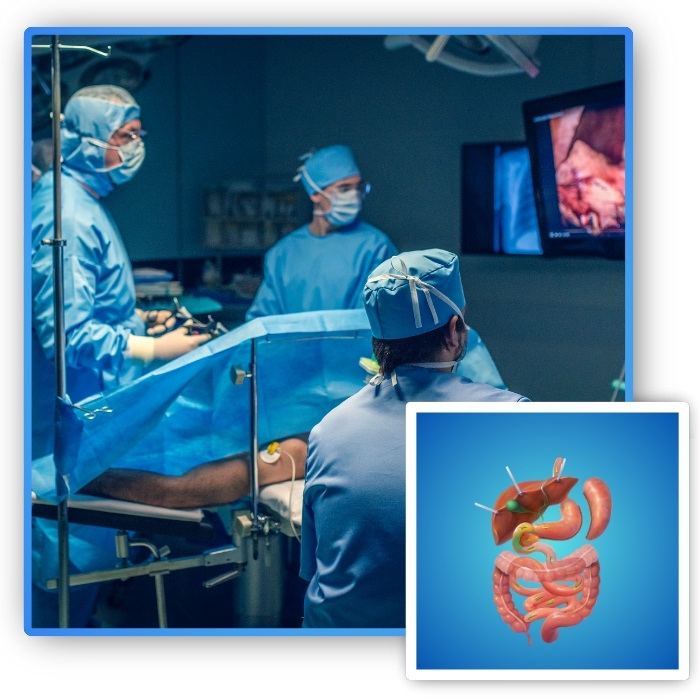
Laparoscopic bariatric surgery in Bhubaneswar
Laparoscopic bariatric surgery in Bhubaneswar is a transformative solution for individuals struggling with obesity and related health conditions. This minimally invasive procedure, performed by skilled surgeons, helps patients achieve significant and sustained weight loss by reducing the size of the stomach or altering the digestive process. Bhubaneswar is home to advanced medical facilities and experienced bariatric specialists who ensure personalized care, from initial consultation to post-operative support. With shorter recovery times, minimal scarring, and reduced risk of complications, laparoscopic bariatric surgery is a safe and effective option for improving overall health and quality of life.
Call Us +91 9937767835

